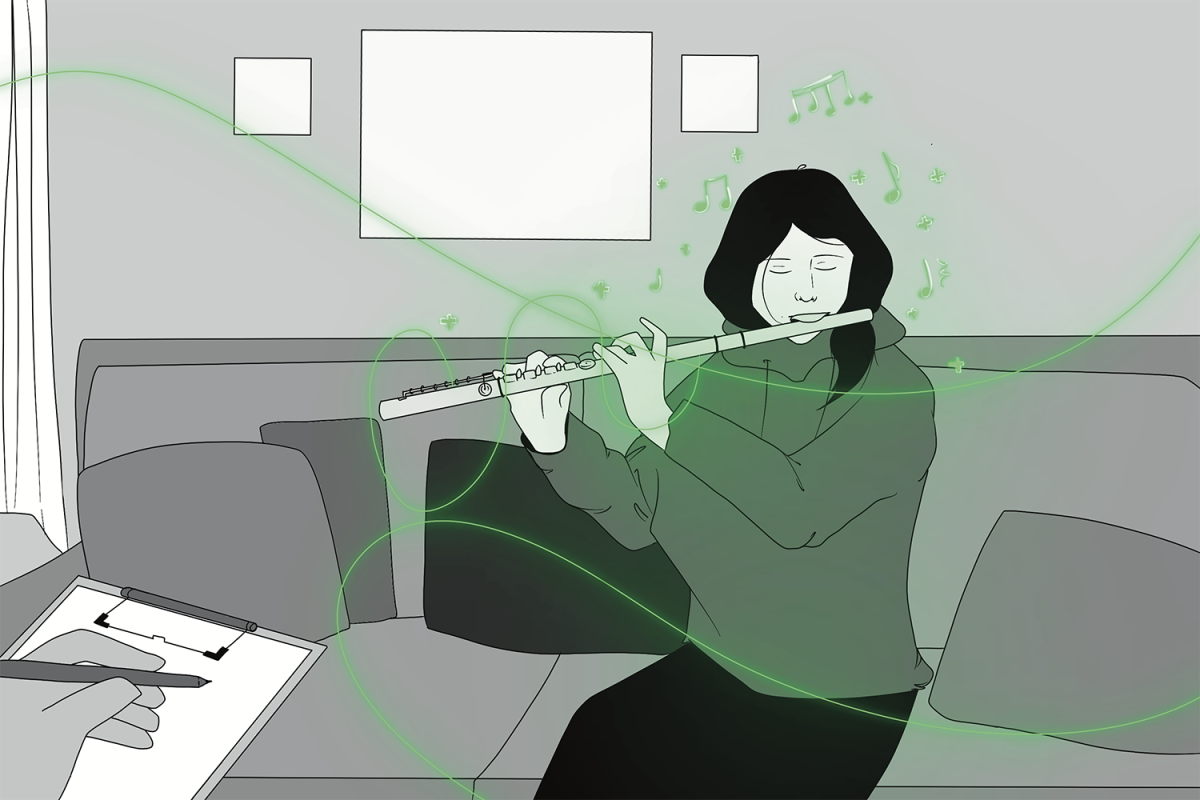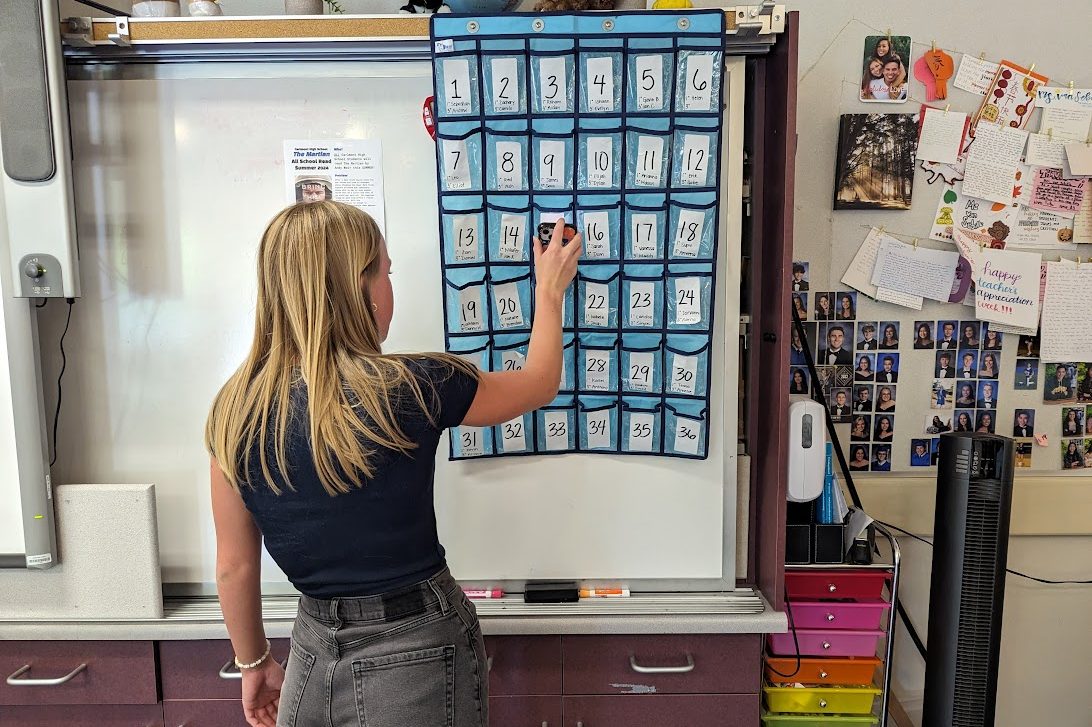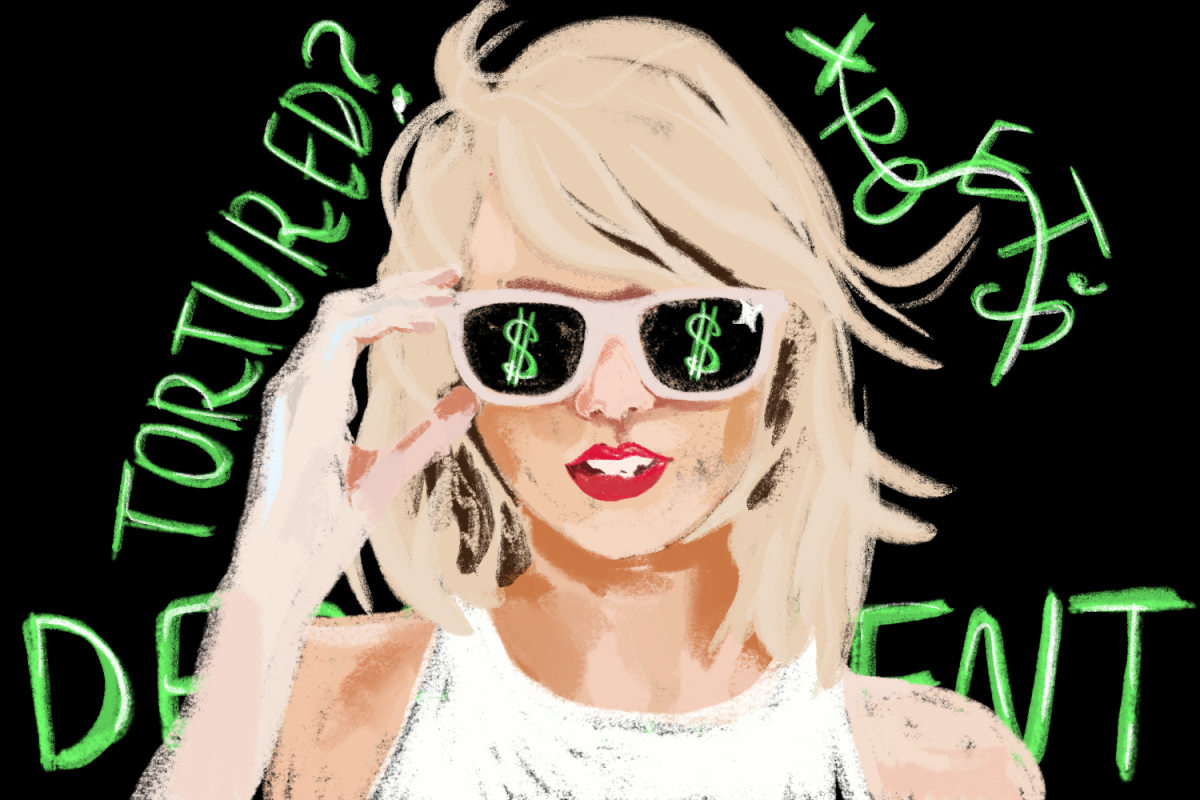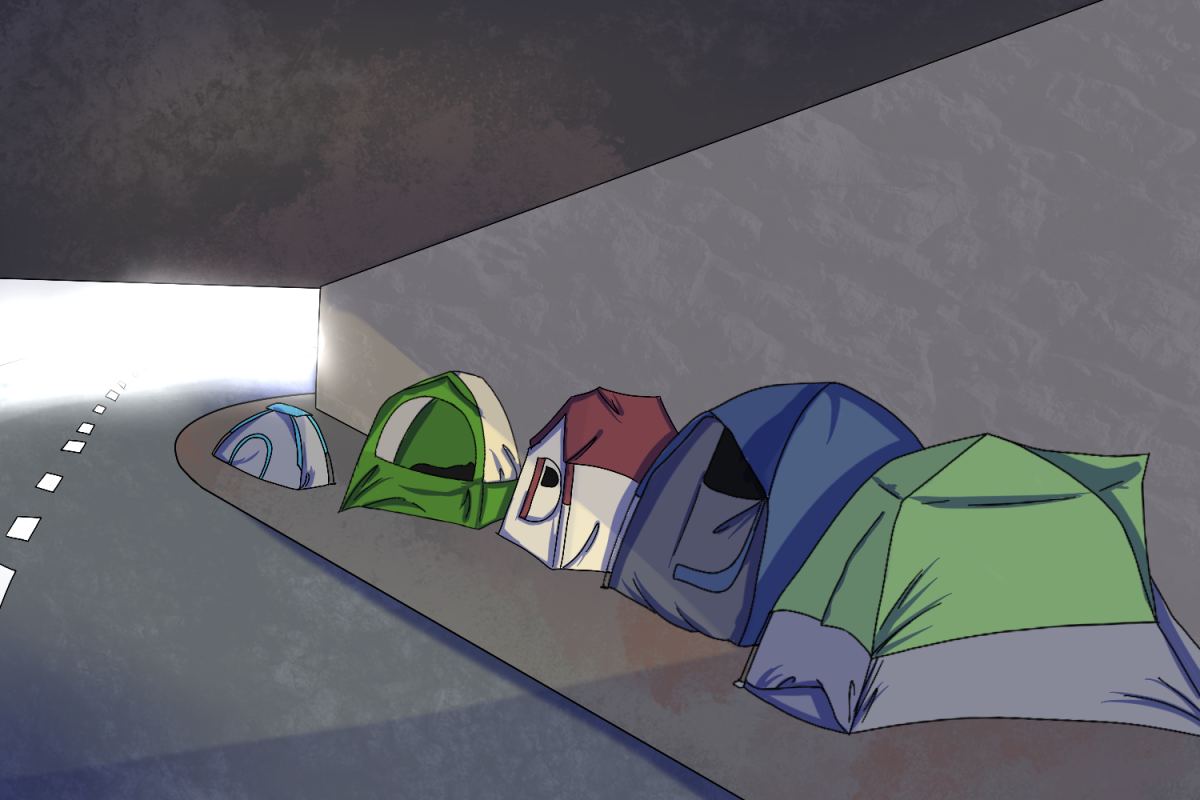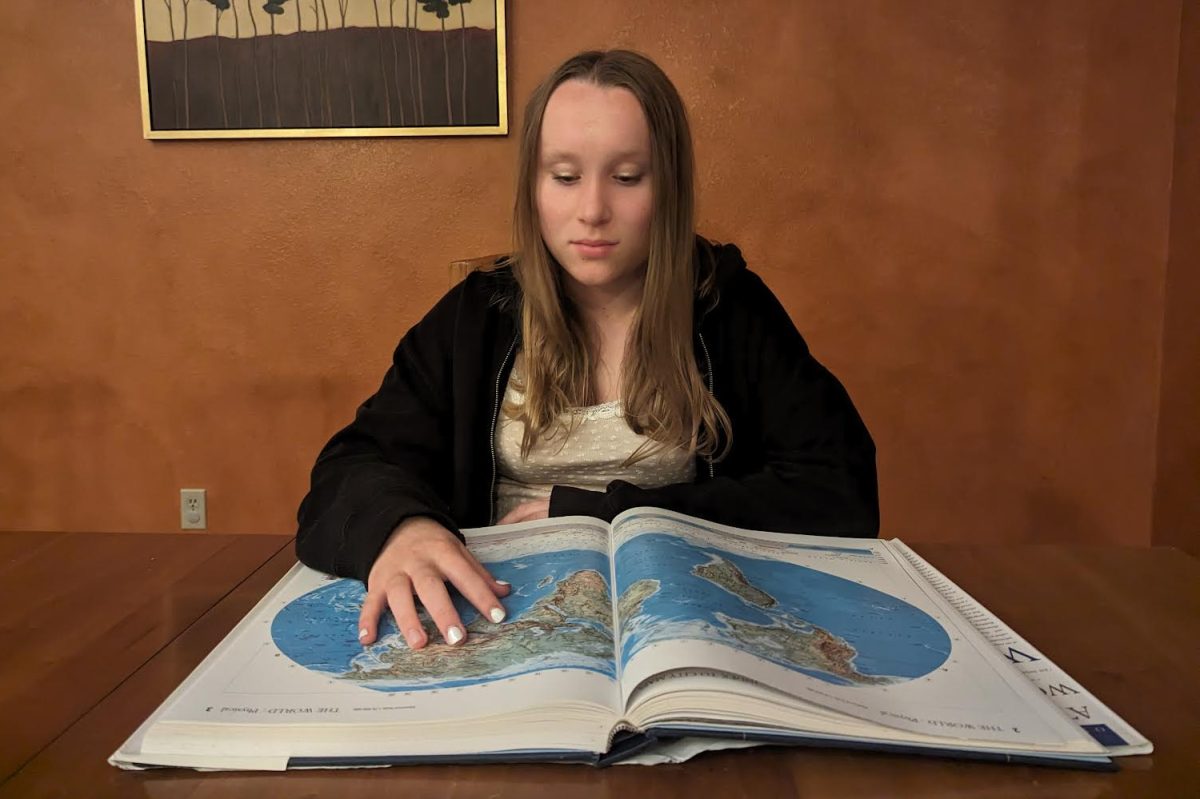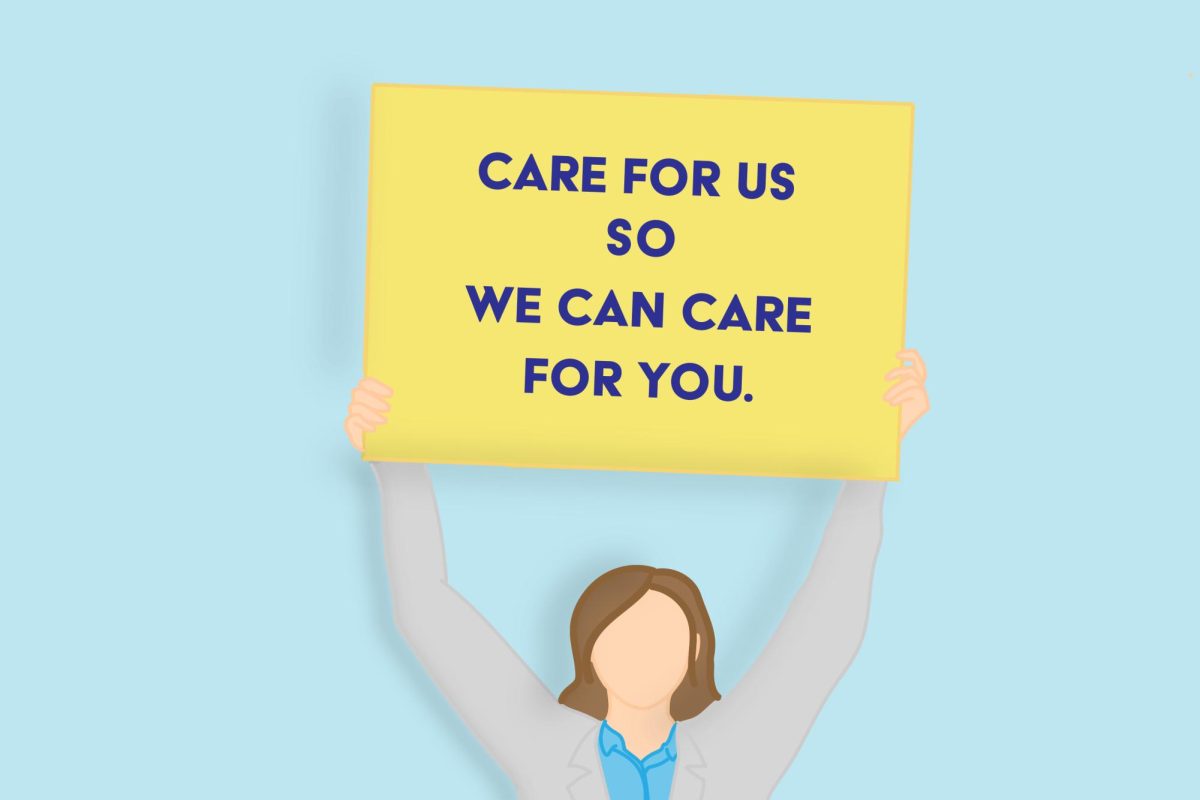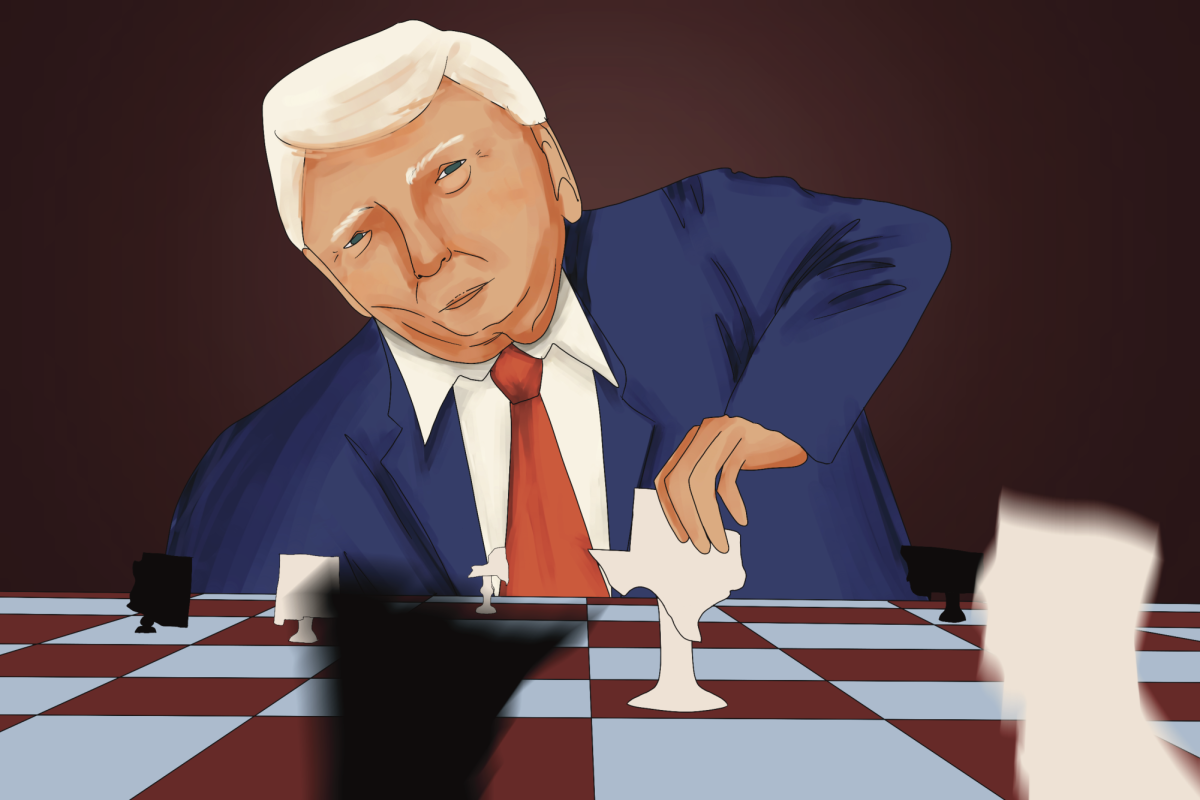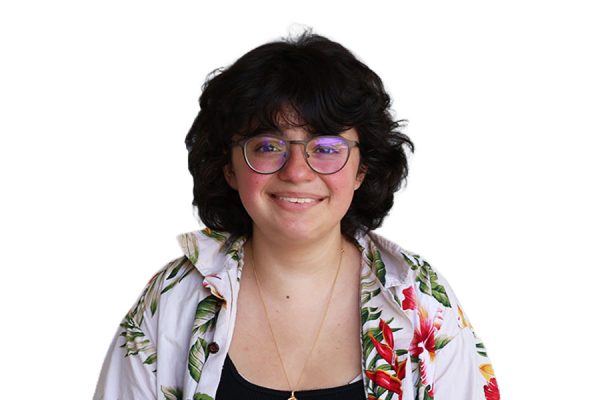A quick pluck of a string goes so far that its sound waves unravel the tight chains that mental disorders use to suppress brain stimulation.
Music therapy can solve neurological disorders, maybe even better than modern-day medicine.
Music therapy is a practice that uses music to reach a patient’s goals of improvement, whether that is mental or physical health. According to the Cleveland Clinic, it is more in-depth than simply listening to music at home, as a certified therapist leads it.
Music works in a similar way to antidepressants. According to the National Library of Medicine (NLM), music stimuli contribute to the production of endorphins and hormones connected with the regions of the brain affected by disorders like depression and anxiety.
According to a study by Harvard Health, music listeners show much better mental well-being and reduced anxiety. Most surveyed individuals also note better health, whether that refers to happiness, good brain health, or improved cognitive functions, especially among the elderly.
These results are not arbitrary either. Harvard researchers have found evidence that music is connected to brain activity affected by specific disorders.
Most anxiety medications are antidepressants, medicine that focuses on chemicals that affect the mood. According to the NLM, patients with depression are found to have reduced volumes in the regions of the brain that produce dopamine, serotonin, etc. Several studies on antidepressants reveal increased volumes of those same regions.
Additionally, music therapy improves cognitive functions and memory. Multiple clinical trials have shown evidence that music increases the cognitive functions and quality of life of individuals living with dementia.
Because music therapy and antidepressant medications often produce similar results, patients with less severe cases should consider music because of its unlimited supply and lack of side effects.
Since medicines require many resources, there are limited supplies. According to the Food and Drug Administration, the antidepressant sertraline, or Zoloft, has become limited, mainly due to an increase in prescriptions being filled.
Additionally, while music therapy and medicine both come with risk factors, the risks of medicine are much more dire.
For example, according to the Mayo Clinic, some of the more problematic side effects of alprazolam, or Xanax, are shakiness, unsteady walking, difficulty sleeping, and issues with coordination. There are also uncommon but more severe effects, which include seizures, loss of self-control, dizziness, loss of touch with reality, pain, and much more.
Music may cause uneasiness or overstimulation, but those problems can be overcome with different types of music or different levels of exposure.
That’s not to say that patients should stop using medicine altogether. However, music therapy should be an option that is more accessible to the public.
Unfortunately, music therapy is not as widely used as it should be. According to a study by Katie Fitzpatrick, Professor Dominic Harmon, and Professor Hilary Moss, 45% of people never even heard of music therapy, and 40% noticed barriers to online access.
Music therapy is indeed gaining popularity, but medicine still dominates the mental health industry.
People should learn to embrace music therapy as a viable alternative to medicine.

